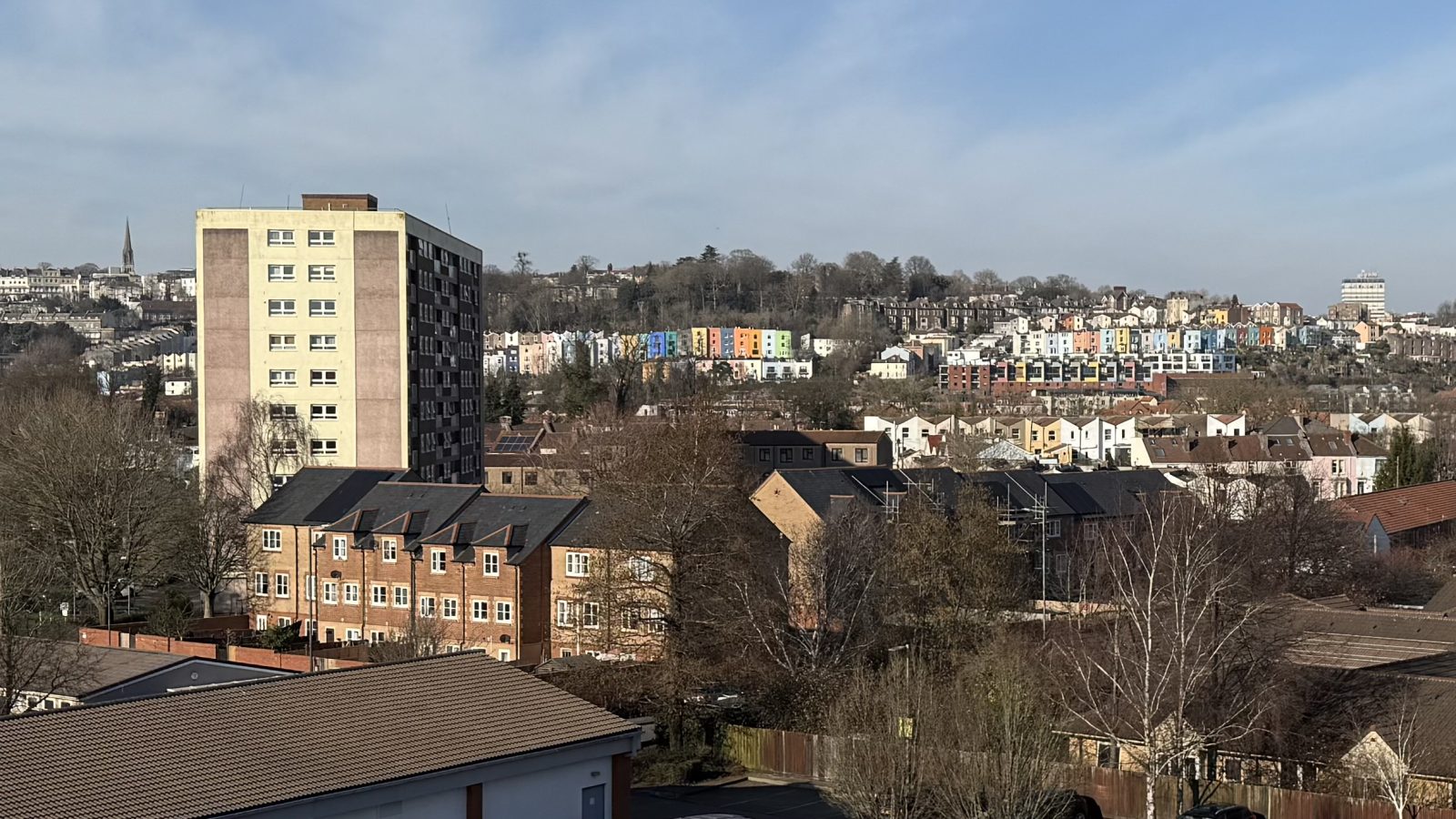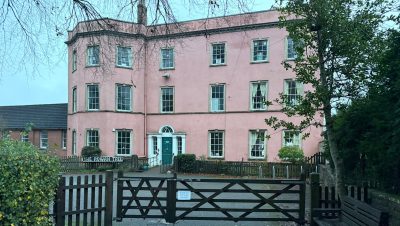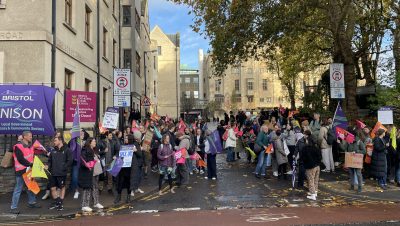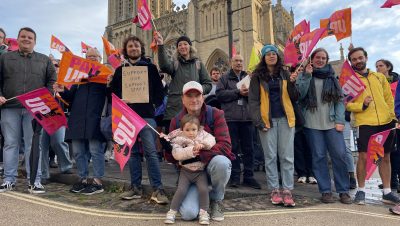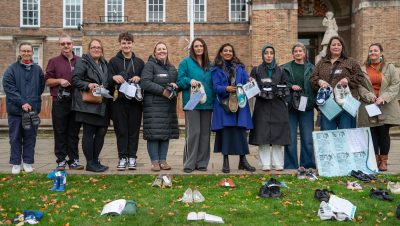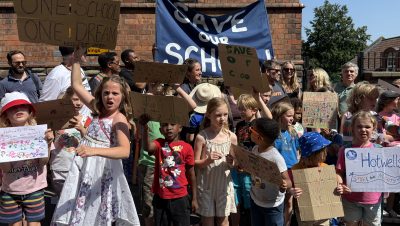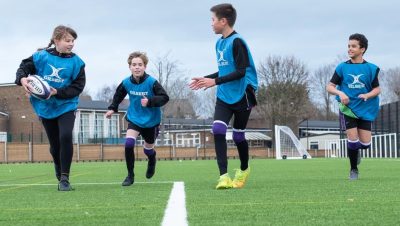News / Education
Researching reparative justice in education
Bristol is an unequal city, with areas of affluence and poverty in close proximity, and children in different areas of the city having starkly different opportunities and outcomes.
The educational landscape is complex. Bristol has both local authority schools and academies (schools which are funded directly from the government, not run by the local authority) alongside a number of fee-paying independent schools.
Bristol’s many academies belong to many different multi-academy trusts, some operating solely in the local area and some stretching nationwide.
is needed now More than ever
How has the city shaped and responded to educational inequality and what are Bristol’s hopes for the future of schooling?
A group of researchers from the University of Oxford are trying to find out.
Reparative Futures of Education (Repair-Ed for short) is a five-year project examining past and present inequalities across Bristol within the primary school sector, focusing particularly on race and class.
The team are working with ten Bristol primary schools and their surrounding communities to build up a picture of education across the city.
The Bristol-based team have lived and worked in the city for many years. Their research is based on the concept of reparative justice in education.
Reparative justice is an acknowledgement of past harms and action to prevent these from happening again – it involves repairing the past by building a fairer future.
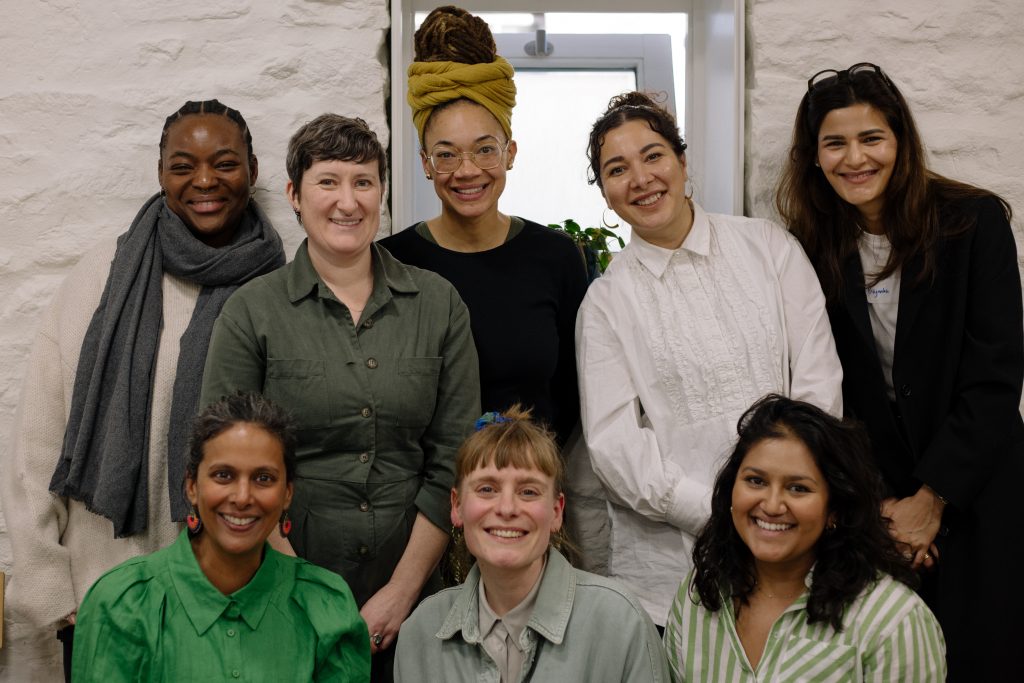
Reparative Futures of Education is a research project which examines past and present structural inequalities in school systems, exploring what reparative action for these injustices looks like – photo: Reparative Futures of Education
As well as being based in schools to observe and conduct interviews with staff and parents, the team are speaking to former pupils and ‘community knowledge holders’, those who are embedded in their communities and can share the history and stories of the area with us: faith leaders, school governors, community centre staff and so on.
The interviews with former pupils involve ‘walk & talks’ – a walking interview starting at the participant’s former primary school, with the route chosen by them to explore memories of their education and childhood.
Later in the year, Repair-Ed will hold public events to broaden the conversation, asking Bristol residents their views on creating fairer educational futures.
The team are building an online, interactive archive called the People’s History of Schooling which maps a selection of the data across the city, allowing the public to read and listen to people’s stories.
This ‘living archive’ brings together the words of former pupils, school staff and the local community, reflecting on the past, present and future of education in the city.
In time, children’s voices will be added as three Repair-Ed PhD students undertake research with pupils next year.
This archive forms a type of testimonial justice, making sure that people’s stories are heard – especially those who are often left out of mainstream narratives about our city.
The archive can be accessed at www.repair-ed.uk/stories
The team would love to hear from adults who are current or former Bristol residents and went to primary school in any of the following areas: Bedminster, central Bristol, Clifton, Cotham, Easton, Knowle West, Fishponds, Hartcliffe, Southmead, St George or Withywood.
You can keep up to date with the project and view emerging data through www.repair-ed.uk where you can also find links to the Repair-Ed podcast and the team’s email address.
Please do get in touch if you’d like to take part!
Claire Neaves is a researcher at Reparative Futures of Education
Main photo: Martin Booth
Read next:
 Our newsletters emailed directly to you
Our newsletters emailed directly to you